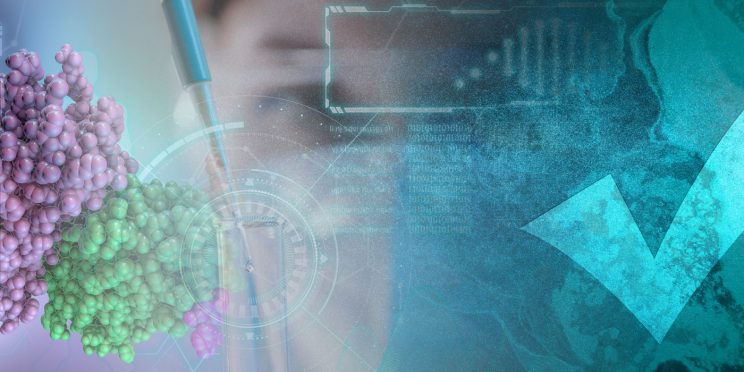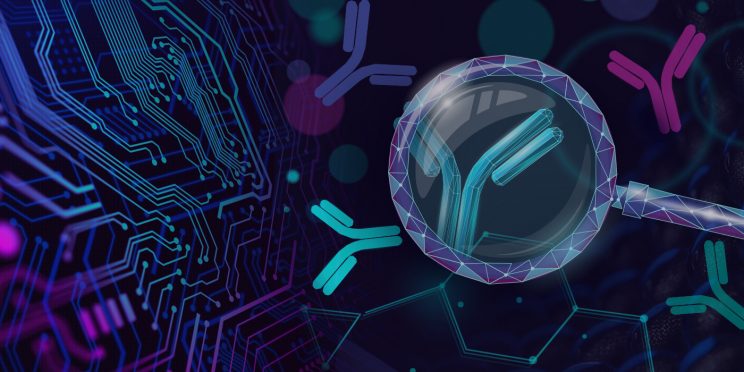Date
December 2016
Overview
In 2016, the National Institute of Justice’s Forensic Technology Center of Excellence (FTCOE) at RTI International hosted a three-part webinar series on Microbial Forensics in collaboration with the University of North Texas Health Science Center (UNTHSC). The objective of this webinar series was to discuss the history and basics of microbial forensic investigations, provide the viewer with an understanding of microbiology as applied to forensics, and evaluate the ways in which microbial forensics can be expanded to resolve forensic casework.
This report summarizes the content of the 2016 three-part webinar series, as well as the reception of the series by the forensics community. The project team made surveys available to all participants immediately following each webinar to obtain data metrics to assess the quality and impact of discussion content, and to gain information on the structure of the web audience. The webinar series and this document is available on the FTCOE website, www.ForensicCOE.org, therefore providing the community with a resource for future reference and sustainability.
Resources
For more information, check out the archived webinar series on microbial forensics.
Funding for this Forensic Technology Center of Excellence report was provided by the National Institute of Justice, Office of Justice Programs, U.S. Department of Justice.
The opinions, findings, and conclusions or recommendations expressed in this report are those of the author(s) and do not necessarily reflect those of the U.S. Department of Justice.
Contact us at ForensicCOE@rti.org with any questions and subscribe to our newsletter for notifications.




